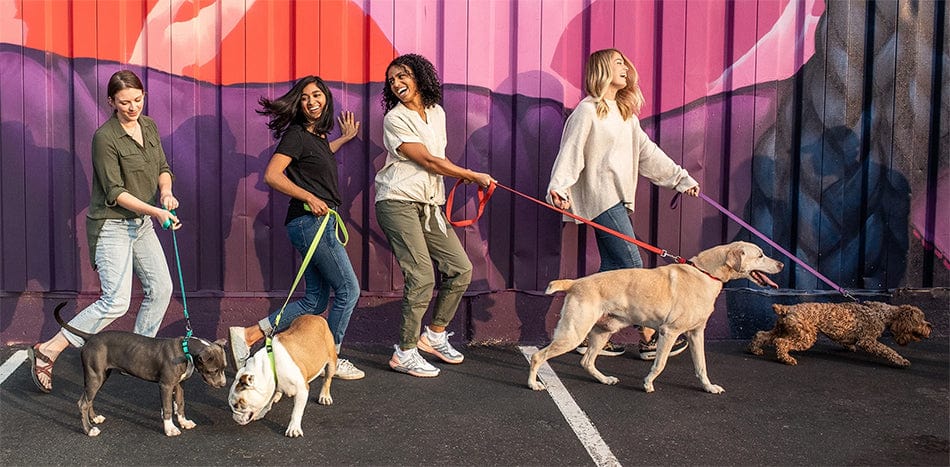Your cart is empty. Let's fix that!


This post is written by holistic veterinarian at "I and love and you", Dr. Angie Krause, DVM, CVA, CCRT.
If your dog is scooting their butt across the living room floor, chances are they aren’t doing the cha-cha slide. This can actually be a sign of an itchy, irritated backside. There are a few common causes of scooting in dogs that are pretty easy to clear up! Beware, this may require a pair of gloves and some water based lubricant!
The most common reasons for butt-scooting in dogs include:
Are you ready for a quick anatomy lesson? If you look at your pup’s pooper (a.k.a. anus) there are glands located internally at approximately 8 o’clock and 4 o’clock. These are called anal glands and they house the most horrific smelling substance you will ever encounter. When your dog poops, the anal glands are expressed and the horrid smelling substance that helps other dogs identify your pup’s poop.
When these glands are not properly expressed during a bowel movement, the material can build up in the sac and cause discomfort and irritation to the surrounding areas. This causes your pup to seek relief by dragging their butt on your living room carpet. Your veterinarian can express these glands and can teach you to do it yourself. This is when those gloves and water based lube that were mentioned come in handy. Maybe even a nose clip!
Now that you are an expert on anal gland anatomy and function, let’s take it a step further. When your dog’s anal glands get full and stay full, a bacterial infection can result. If left untreated an abscess can form and cause pain for your pup. This abscess will eventually pop and drain somewhere around your dog’s anus. Antibiotics are required to clear up these infections, so be sure to visit your veterinarian. It’s also important to note that this condition may take some time to fully heal.
Food allergies also cause dogs to have an itchy butt. Your dog may also be experiencing repeated ear infections. While dog food allergies can be difficult to pinpoint, I recommend changing the meat source in your dog’s diet as a great starting point. For example, if you are feeding a chicken-based diet, switch to a lamb, beef, or venison formula with no chicken. If a diet change doesn’t resolve the problem, it’s time to schedule a trip to the veterinarian to receive some nutritional support.
With love,
Dr. Angie